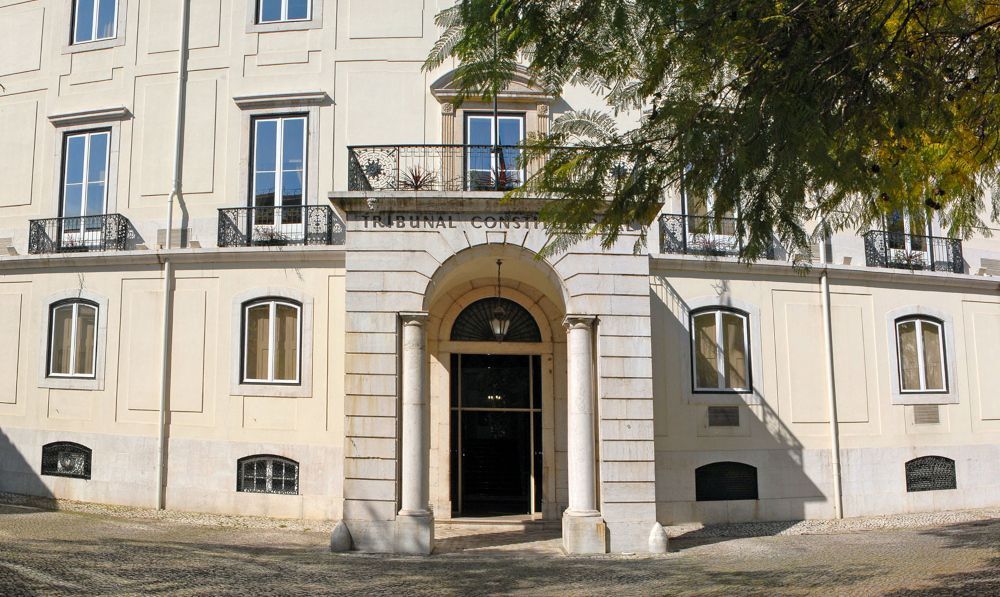Portugal and United Kingdom bilateral economic forum to restart in 2023
It was announced today by the Secretary of State for International Trade and Foreign Investment, Bernardo Ivo Cruz, that Portugal and the United Kingdom will resume in 2023 the Economic Forum launched in 2018 to strengthen bilateral relations post-Brexit, which will have a “high-level” participation of the two Governments.
Bernardo Ivo Cruz, who concluded a three-day visit to the UK today, stated that the Forum would take place in the first half of 2023 on British territory, resuming an event that was interrupted by the Covid-19 pandemic.
Five years ago, the Forum was held in London and was attended by the prime minister António Costa, who at the time was also received by his British counterpart, Theresa May, at the official residence in Downing Street.
This second edition, said Ivo Cruz, “will be dedicated to innovation and innovation initiatives” and will be a “high-level meeting” with the representation of both countries Government representatives, companies, universities and associations.
The main goal is “to deepen the relationship between Portugal and the United Kingdom in companies, universities, civil society organisations and government to strengthen this leadership role that Portugal and the United Kingdom have in the areas of innovation, technology and sustainability,” he told Lusa.
Secretary of State for International Trade and Foreign Investment finished today a three-day trip to the United Kingdom that included meetings with the British Secretary of State for Foreign Trade, Nigel Huddleston, and the Chairman of the Parliamentary Committee for Foreign Trade, Angus MacNeil, MP for the Scottish National Party.
Bernardo Ivo Cruz also visited the universities of Imperial College, in London and Bristol, and companies with operations in Portugal, such as Vodafone and Claranet.
The purpose was to “give some substance” to the joint declaration on bilateral cooperation signed by António Costa and former British prime minister Boris Johnson in June of this year in the British capital. Costa admitted at the time that the document was intended to “relaunch the oldest alliance that exists worldwide after Brexit”.
Among the areas identified as being of common interest are renewable energy, financing for sustainability, digital economy, blue economy and ‘smart cities’, the Secretary of State listed. “Portugal has a lot to offer the United Kingdom,” he said, highlighting its pioneering role in the energy transition and its wealth of qualified human resources that are attracting a lot of foreign investment in technology from Europe and the United States.
In this sense, he stated that he has received “a lot of openness from British universities in finding connection points with Portuguese universities” to collaborate in scientific research and to bring together the technological accelerators of the two countries. According to Ivo Cruz, “Portugal is very interesting because it has what is necessary for digitalisation, which is intelligence.”
Source: Lusa










